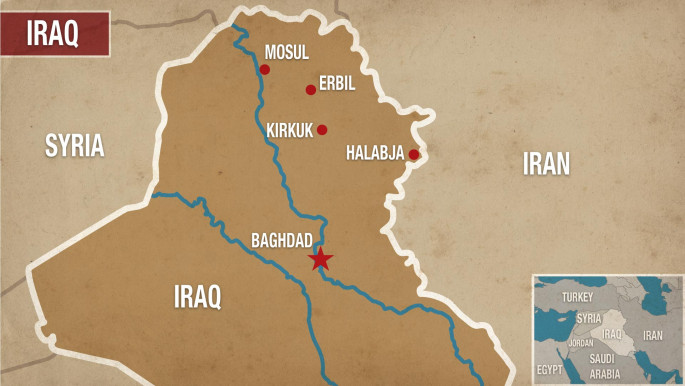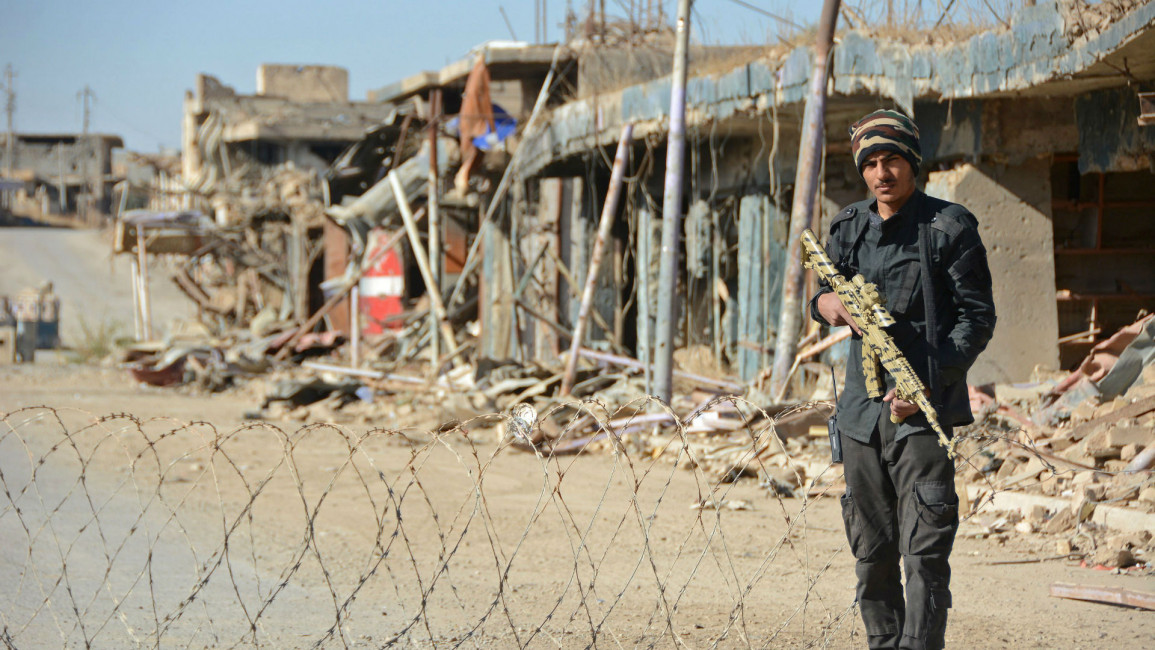Iraq's former oil hub deserted years after IS defeat
 |
|
"Now 90 percent of Baiji is destroyed and the people have still not returned," city councillor Sheikh Hatef Bassam said.
"Baiji is the most destroyed place in Iraq after western Mosul," said council member Khazal Hammadi, referring to the obliterated old heart of the country's second city.
For Baiji, some 200 kilometres north of Baghdad, its role a major industrial centre boasting oil and chemical plants seems like a distant memory.
"It will be very difficult to rehabilitate the Baiji refinery, which was built in 1975 and used to produce 250,000 barrels a day, as so much equipment has been pillaged," a high-ranking official in Iraq's North Oil Company told AFP.
Even if the facility does get up and running again, the official said, then "it won't have the same capacity as before".
Traffic has long ceased along Baiji's wrecked main highway and, apart from a few military checkpoints, life is nowhere to be seen.
"The city is destroyed and the houses are uninhabitable," said local militia commander Hajj Ibrahim Taha.
"The roads are destroyed, the water system is damaged, electricity is non-existent and all the people have left."
Local police chief Saad Nafus said that some families come back from time to time to check their houses, but they have to get "authorisation" from security officials who still worry about IS militants returning.
In a camp for displaced people run by charities in the region, three kilometres north of the city of Tikrit, former Baiji resident Amer Abbas has no idea if his home is still standing or not.
"We are afraid that we will find nothing if we go back," he said.
After the US-led invasion of Iraq in 2003, Baiji found itself at the heart of the so-called "Sunni triangle" where those loyal to ousted leader Saddam Hussein continued to wage a ferocious insurgency, and the oil infrastructure was attacked repeatedly.
IS fighters swept into the city in June 2014 as the Iraqi forces collapsed and after more than a year in control were forced out by government troops and allied militias with the help of air power from a US-led coalition in October 2015.



